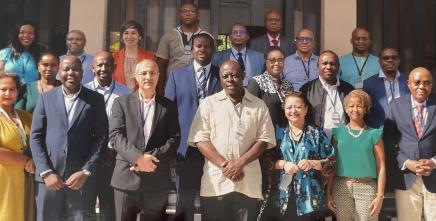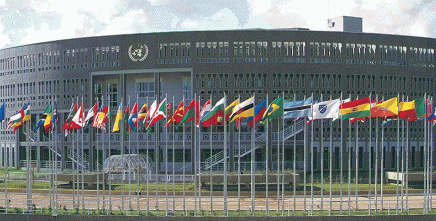
Attaining Africa’s development objectives - as framed by the 2030 Agenda for Sustainable Development, and the continent’s wider development blueprint, Agenda 2063 – requires closing huge investment gaps urgently in key sectors such as agriculture, water, energy, transport, and landscape and ecosystems. These sectors are very sensitive to climate impacts.
Against a changing and uncertain future climate, it is important to ensure that the huge investments needed in infrastructure, agriculture, water, energy, ecosystems, among others, perform in both today’s and future climate. This is why the African Union Commission (AUC), the United Nations Economic Commission for Africa (ECA), the World Bank and the African Development Bank have teamed up to establish the Africa Climate Resilient Investment Facility (AFRI-RES), with initial funding from the Nordic Development Fund (NDF).
AFRI-RES brings to bear the comparative strengths of each of the partners to integrate long term climate resilience in investments in climate-sensitive sectors, including water, infrastructure, energy and agriculture under five components of project-level support; training, advocacy, dissemination and communication of lessons-learned to enhance public and private sector understanding of climate risks; guidelines, standards and compendium of good practice; a knowledge and climate information portal; and overall programme management.
AFRI-RES Framework
The AFRI-RES framework and value proposition are as shown below:




